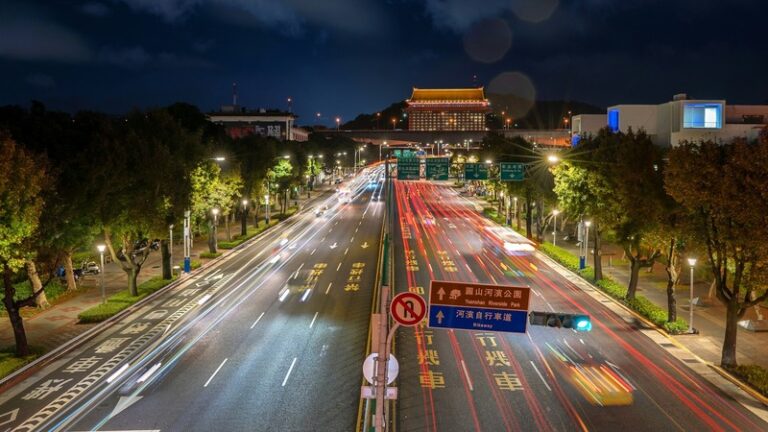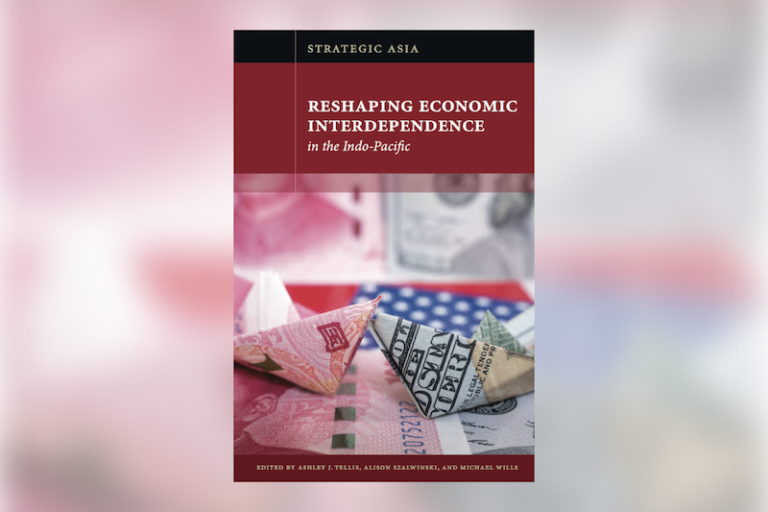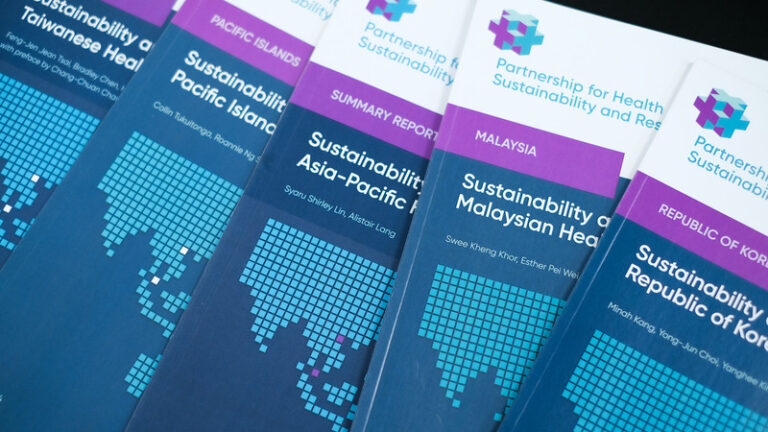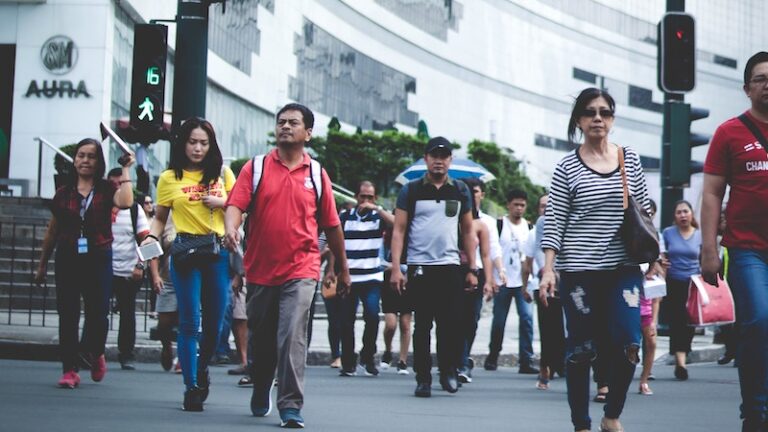
In this policy paper with the Taiwan Research Hub, University of Nottingham, Siwei Huang and Caroline Fried discuss what Trump’s second administration means for Taiwan’s resilience.

This policy paper discusses how Taiwan can leverage its strengths and continue to build resilience amidst domestic and international uncertainty during the second Trump administration.

Asia-Pacific societies are facing complex economic, political, and societal challenges. In the face of demographic decline, income inequality, climate change, and political polarization, what makes societies resilient? Our working paper explores societal resilience and its relationship with the resilience of various regime types in Asia.

This article points to ways in which social resilience affects democratic regime resilience.

This policy paper discusses how Taiwan can leverage its strengths and continue to build resilience amidst domestic and international uncertainty during the second Trump administration.

Asia-Pacific societies are facing complex economic, political, and societal challenges. In the face of demographic decline, income inequality, climate change, and political polarization, what makes societies resilient? Our working paper explores societal resilience and its relationship with the resilience of various regime types in Asia.

This article points to ways in which social resilience affects democratic regime resilience.

CAPRI is exploring how talent pipelines can be strengthened to give people the skills, opportunities, and mindsets the Asia Pacific needs to build economic and societal resilience.

CAPRI is exploring how talent pipelines can be strengthened to give people the skills, opportunities, and mindsets the Asia Pacific needs to build economic and societal resilience.

This Chinese article is based on the English article “What Taiwan’s 2024 Election Means for China, the US, and the Future of Taiwan” by Syaru Shirley Lin, Caroline Fried, and Siwei Huang published on the China Leadership Monitor.

Syaru Shirley Lin, Caroline Fried, and Siwei Huang of CAPRI provide in-depth analysis on the implication of Taiwan’s 2024 presidential and legislative elections on current domestic governance challenges and the evolving Taipei-Beijing-Washington relationship.

This chapter examines the implications of U.S.-China decoupling for Taiwan’s integration with the Chinese and world economies and explores how this economic fragmentation is shaping the context in which the Taiwanese are determining their island’s future.

This Chinese article is based on the English article “What Taiwan’s 2024 Election Means for China, the US, and the Future of Taiwan” by Syaru Shirley Lin, Caroline Fried, and Siwei Huang published on the China Leadership Monitor.

Syaru Shirley Lin, Caroline Fried, and Siwei Huang of CAPRI provide in-depth analysis on the implication of Taiwan’s 2024 presidential and legislative elections on current domestic governance challenges and the evolving Taipei-Beijing-Washington relationship.

This chapter examines the implications of U.S.-China decoupling for Taiwan’s integration with the Chinese and world economies and explores how this economic fragmentation is shaping the context in which the Taiwanese are determining their island’s future.

This series examines how different countries experience vaccine hesitancy, both historically and during the COVID-19 pandemic, and the role of misinformation and disinformation in government and civil society efforts to promote vaccination.

This series examines how different countries experience vaccine hesitancy, both historically and during the COVID-19 pandemic, and the role of misinformation and disinformation in government and civil society efforts to promote vaccination.

Four years since the pandemic, Asia-Pacific health systems remain vulnerable but can offer solutions and lessons for the global community.

The Democracy in Asia project was launched by the Brookings Foreign Policy program in 2020 to explore the state of democracy in the Indo-Pacific region and examine the role and influence of democracy in the Asian context.

Download the Report Executive Summary As the second year of the COVID-19 pandemic draws to a close, resilience—the ways in which health, economic, and environmental

Four years since the pandemic, Asia-Pacific health systems remain vulnerable but can offer solutions and lessons for the global community.

The Democracy in Asia project was launched by the Brookings Foreign Policy program in 2020 to explore the state of democracy in the Indo-Pacific region and examine the role and influence of democracy in the Asian context.

Download the Report Executive Summary As the second year of the COVID-19 pandemic draws to a close, resilience—the ways in which health, economic, and environmental

This workstream considers energy policy, climate finance, planetary health, and innovation to help policymakers address the climate crisis in the Asia Pacific.

This workstream considers energy policy, climate finance, planetary health, and innovation to help policymakers address the climate crisis in the Asia Pacific.

This research project investigates the diverse approaches taken by Asia Pacific countries in addressing mental health, examining the multifaceted impact of political, cultural, and socioeconomic factors on the conceptualization of mental health within government policies, healthcare systems, and public perceptions.

This research project investigates the diverse approaches taken by Asia Pacific countries in addressing mental health, examining the multifaceted impact of political, cultural, and socioeconomic factors on the conceptualization of mental health within government policies, healthcare systems, and public perceptions.

This chapter examines the implications of U.S.-China decoupling for Taiwan’s integration with the Chinese and world economies and explores how this economic fragmentation is shaping the context in which the Taiwanese are determining their island’s future.

This chapter examines the implications of U.S.-China decoupling for Taiwan’s integration with the Chinese and world economies and explores how this economic fragmentation is shaping the context in which the Taiwanese are determining their island’s future.